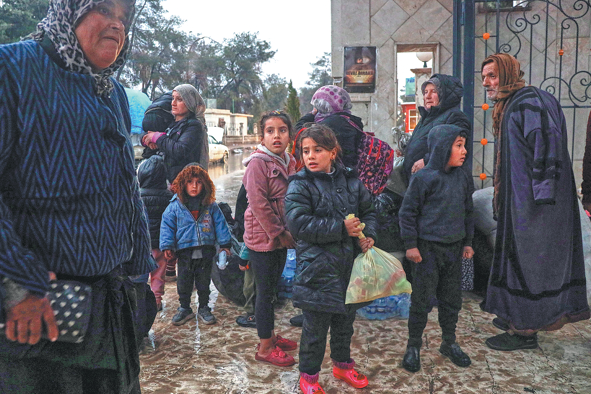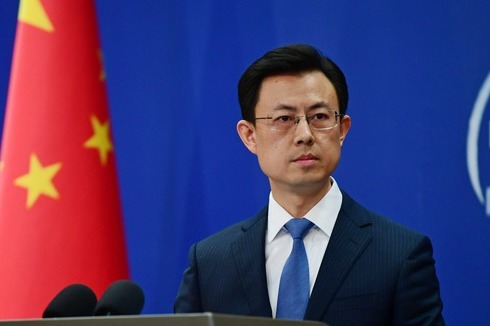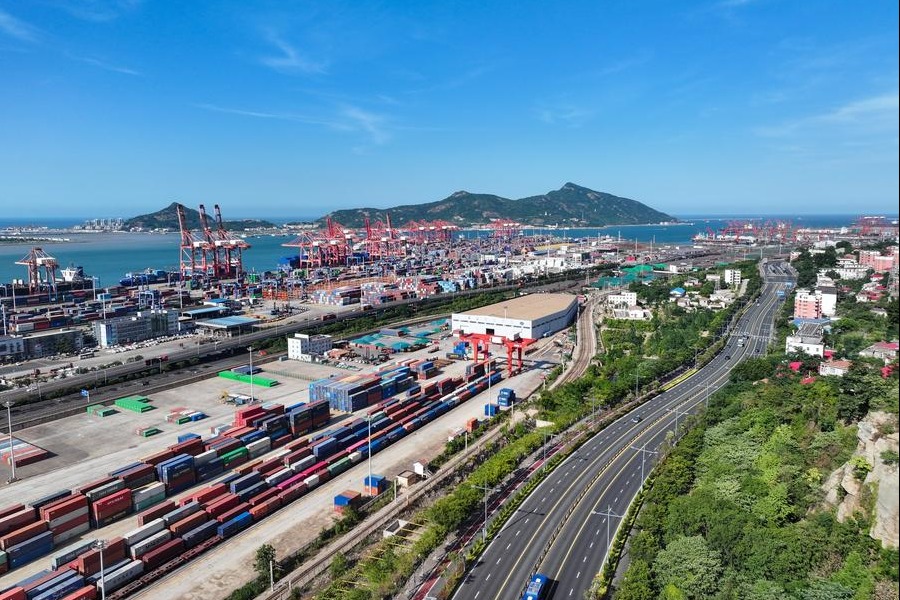China helping Africa develop robust healthcare systems


With Africa experiencing a sharp increase in the number of COVID-19 cases, the African Union and the World Health Organization have raised concerns of a possible full-blown crisis across the continent.
The virus is spreading faster in Africa than it did in Asia, with inadequate testing capacity raising the possibility that some infected people could be spreading the virus unknowingly.
Thousands have already been infected, and medical experts predict the number will rise exponentially, as some people are asymptomatic but, if tested, turn out to be positive.
The continent is striving to limit widespread infections. Different countries have adopted different measures, such as total lockdown (no movement of people), mandatory quarantining of suspected cases, curfews, social distancing (bans on religious, political and social activities), and a call to keep one's hygiene through constant washing of hands and avoiding person-toperson contact.
Africa was already confronted by a heavy burden of communicable and noncommunicable diseases, and its healthcare systems have experienced serious challenges.
First, a majority of African countries face a shortage of healthcare workers. This is because of a weak education system and the effects of a brain drain to European countries. In rural or remote areas, the shortage of healthcare workers is the most serious challenge for the health sector.
Second, there is weak public healthcare leadership. When Africa announced its first "patient zero" (first carrier of a communicable disease in an outbreak) in Egypt, the WHO asked the continent to take precautionary measures to prevent the spread of the virus.
However, due to poor planning, inadequate leadership and a lack of proper health-related legislation, almost all African countries have reported cases of COVID-19.
Third, a lack of new technologies in the healthcare system has resulted in wrong diagnoses. For instance, most cases of COVID-19 reported by African countries are a result of initial false diagnosis of individuals returning from countries that had already reported cases of COVID-19.
The available screening equipment at airports and entry points at borders cleared many individuals who later tested positive for COVID-19.
Fourth, a lack of access to essential medicines due to corruption, unaffordable prices and an unreliable supply of medicines has affected the healthcare system.
Fifth, a majority of the healthcare facilities do not have improved sanitation facilities or adequate financing.
As a result, Africa has seen a number of deaths resulting from poor healthcare systems.
China has supported African governments by providing thousands of COVID-19 test kits and training African health workers. The Jack Ma Foundation and the Alibaba Foundation have shared a handbook on clinical experience from China's frontline medical workers on COVID-19 prevention and treatment.
In line with the Sino-Africa relationship, the two sides can scale up joint research, capacity building, and sharing of technological skills in the medical field.
This can be done by taking advantage of the existing frameworks within the Forum on China-Africa Cooperation's 2018 pillars for medical care and public health, and the African Union's Agenda 2063 for healthy and well-nourished citizens.
Furthermore, the two sides can adopt a joint healthcare strategy guided by the WHO's Ouagadougou Declaration on Primary Health Care and Health Systems in Africa, which focuses on health service delivery, leadership and governance for health, health financing, human resources, health technologies and information systems, partnerships for health development, community ownership and participation, and research.

































